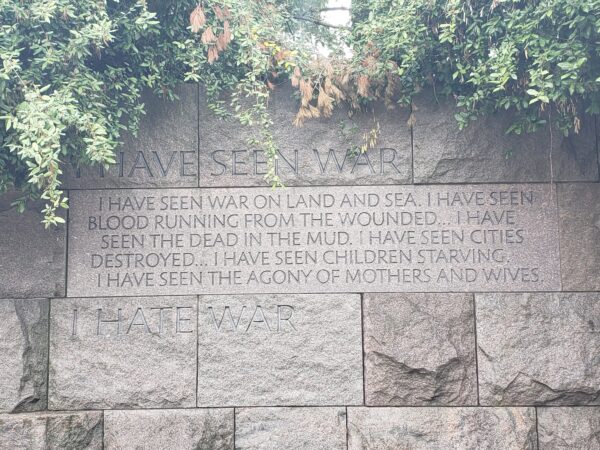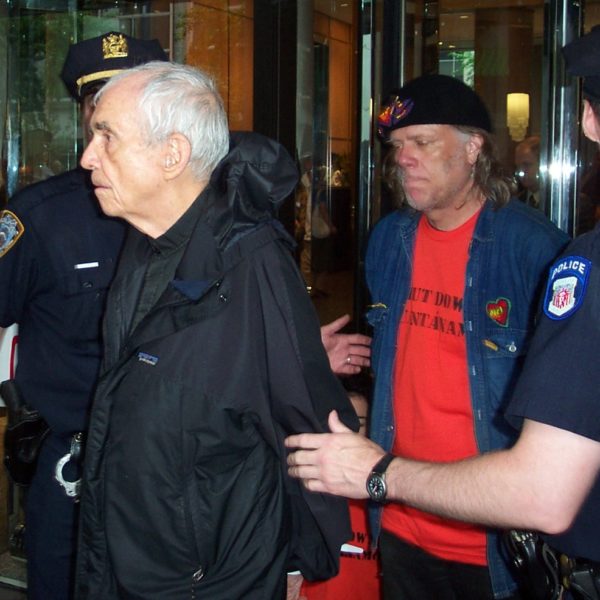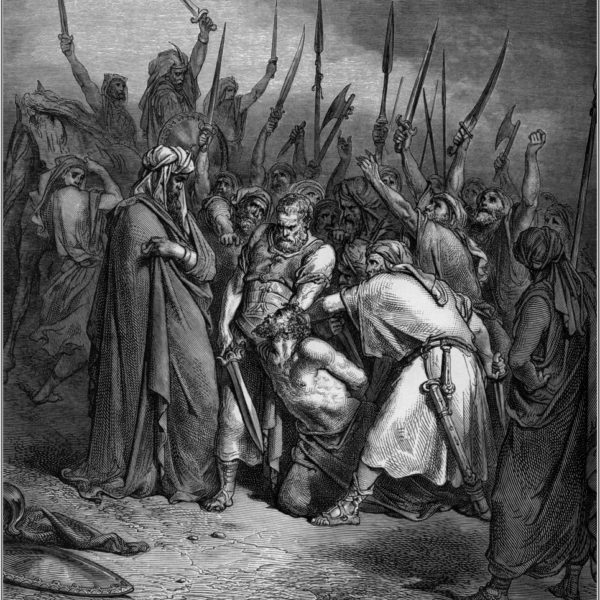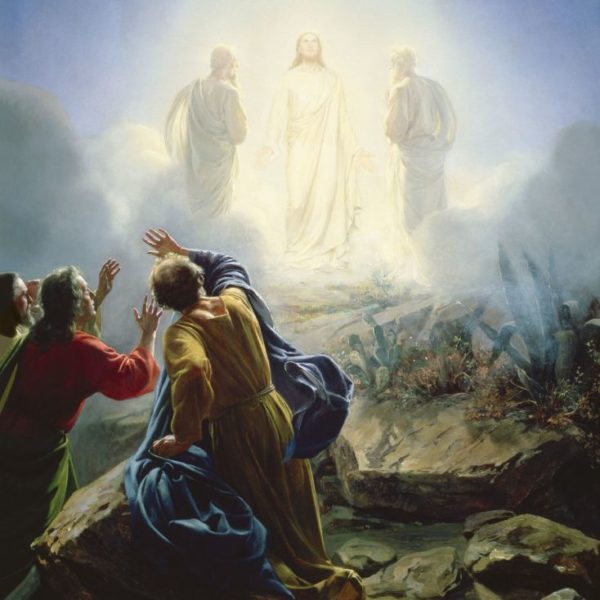
There is such a thing as a ‘near-life experience,’ a transforming encounter with the light of life. The Transfiguration describes a remarkable encounter of such a kind, an encounter that may find pale reflections in our own lives, much needed at the current time.
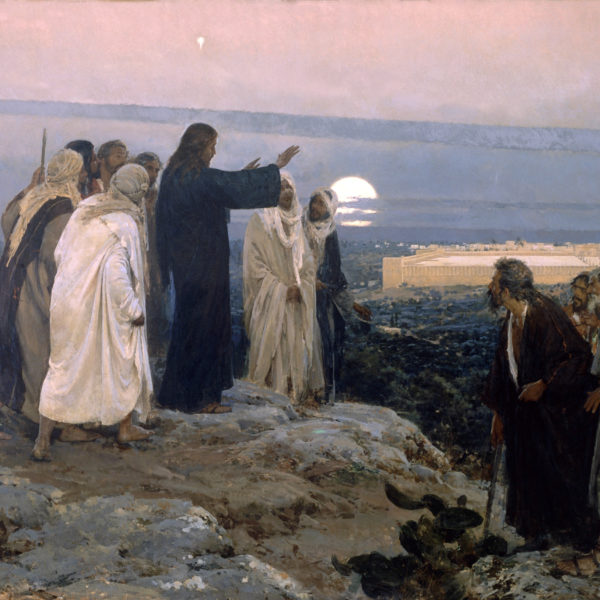
Jesus’ entry into Jerusalem, his trial, suffering, death, and resurrection, bring into full circle his journey to Jerusalem that was not shaped by Herod’s murderous threat but by his redemptive obedience to God’s will.

In the wake of an atrocity such as the San Bernardino shooting or the attacks in Paris, the choice between the politics of righteousness and the politics of fear will press upon us with a renewed urgency. However, it is righteousness—justice and ethical probity—that is the only genuine answer at such a time.
